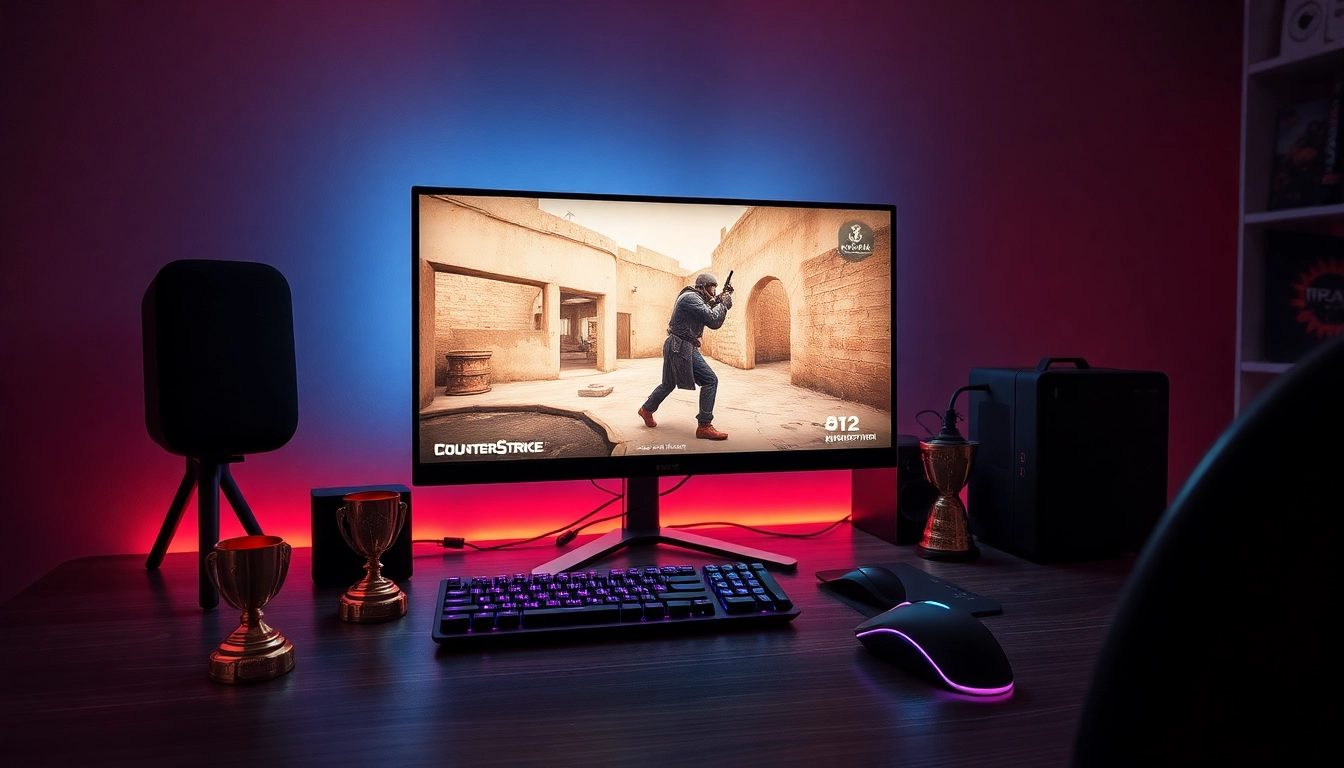Understanding the Role of a Relationship Coach
A relationship coach plays a pivotal role in helping individuals and couples navigate the complexities of their interpersonal relationships. They are trained professionals equipped with the tools and techniques necessary to foster understanding, improve communication, and foster deeper emotional connections. By engaging the services of a relationship coach, clients find themselves better equipped to handle challenges and build healthier relationships.
What Is a Relationship Coach?
A relationship coach is essentially a companion in your journey toward relational fulfillment. Unlike therapists, who often deal with mental health issues and past traumas, relationship coaches focus primarily on present relational dynamics and the skills necessary for future relational success. They utilize various methodologies to help clients enhance their dating, marriage, or friendly relationships.
Benefits of Working with a Relationship Coach
The advantages of collaborating with a relationship coach are manifold:
- Enhanced Communication Skills: Coaches provide insights to improve how individuals articulate their feelings and needs.
- Conflict Resolution: They teach strategies to resolve disputes constructively, preventing escalation and miscommunication.
- Increased Self-Awareness: Individuals often gain better insights into their behavior patterns and emotional triggers.
- Support and Accountability: Coaches serve as a supportive partner, holding clients accountable to their growth goals.
- Goal Setting: They help clients set realistic, achievable goals for their relationships.
Common Misconceptions about Relationship Coaching
Despite the growing recognition of relationship coaches, several misconceptions persist:
- Coaching is for Broken Relationships: Many believe they can only seek coaching when in crisis; however, it’s equally beneficial for those looking to strengthen already healthy relationships.
- Relationship Coaches Solve Problems: Coaches guide clients to find their solutions rather than providing them fixes.
- Coaching Is the Same as Therapy: Therapy often roots itself in past experiences, while coaching focuses on present and future relationship dynamics.
Identifying When You Need a Relationship Coach
Learning when to seek help from a relationship coach can be pivotal to your relational success. Here are some indicators that might suggest you could benefit from professional coaching.
Signs You Might Benefit from Coaching
Consider these signs that may indicate a need for a relationship coach:
- Difficulty Communicating: If conversations frequently lead to misunderstanding or conflict, you may need guidance in communication strategies.
- Repeating Patterns: If you notice a cycle of relationship issues, coaching can help identify and break these unhealthy patterns.
- Feeling Stuck: A sense of stagnation in your relationships can indicate that objective support could do wonders.
- Lack of Clarity: If you feel confused about your feelings or what you want from your relationships, a coach can provide clarity.
How to Assess Your Relationship Needs
Understanding your relationship needs is crucial before you engage a coach. Self-assessment involves:
- Reflecting on Your Relationship Goals: What do you hope to achieve? Clarity on your goals will help the coach tailor their approach to your needs.
- Evaluating Current Relationship Dynamics: Are you facing issues like constant fighting or growing apart? Identify specific challenges you would like to address.
Questions to Consider When Seeking Help
As you contemplate working with a relationship coach, ask yourself the following questions:
- What specific outcomes do I hope to achieve through coaching?
- Am I open to exploring my behaviors and perspectives in the relationship?
- How committed am I to the coaching process?
Finding the Right Relationship Coach for You
Choosing a relationship coach involves careful consideration. Here are key aspects to think about when selecting the right professional for your needs.
What to Look for in a Relationship Coach
When searching for a relationship coach, consider these pivotal characteristics:
- Experience: Look for a coach with relevant experience and a track record of success with similar issues.
- Specialization: Some coaches specialize in specific areas such as dating, marital issues, or LGBTQ+ relationships.
- Methodology: Understand their coaching methods and whether they resonate with your learning style.
- Client Testimonials: Feedback from previous clients can provide insight into their effectiveness.
Questions to Ask Before Hiring a Coach
Ensure to ask potential coaches questions such as:
- What is your background and training in relationship coaching?
- What are your coaching methods, and how do you customize them for individual clients?
- Can you provide testimonials or case studies from past clients?
Checking Credentials and Expertise of a Relationship Coach
Verify that your coach holds relevant certifications and degrees. Ensure they have ongoing education to stay current with relationship coaching methodologies. Professional memberships and affiliations with reputable coaching organizations can also signify a commitment to quality.
Techniques Used by Relationship Coaches
Relationship coaching involves various methodologies tailored to the client’s needs. Here are some prevalent techniques that coaches may employ:
Communication Strategies for Healthy Relationships
Effective communication is foundational in relationships. Coaches will teach clients techniques including:
- Active Listening: Engaging fully in conversations to understand the partner’s perspective.
- Using “I” Statements: Expressing feelings without blaming, which encourages open dialogue.
Conflict Resolution Techniques
Conflict is inevitable in relationships. Coaches help individuals learn how to:
- Identify Triggers: Recognizing personal triggers and those of their partner for better management of conflict.
- Strategize Solutions: Co-developing solutions that both partners can agree upon.
Setting and Achieving Relationship Goals
Creating goals with a coach can help partners strive toward a common future. This includes:
- Defining Clear Objectives: Identifying what both partners want to achieve together—whether it’s better communication, understanding intimacy needs, or scheduling regular quality time.
- Creating Action Steps: Outlining actionable and specific steps to achieve these goals together.
Measuring the Success of Your Relationship Coaching Journey
Recognizing the growth and success achieved through coaching is essential for continued improvement.
Defining Success in Relationship Coaching
Success in relationship coaching can be measured by various indicators such as:
- Improvements in communication and conflict resolution.
- Increased levels of satisfaction within the relationship.
- A stronger emotional connection and commitment.
Tracking Progress with Your Coach
Regular check-ins with your coach can help gauge your progress. Discussing improvements, setbacks, and feelings during sessions ensures you remain accountable.
Long-term Strategies for Maintaining Healthy Relationships
Post-coaching, it’s vital to practice the skills learned consistently. This involves:
- Continuous Communication: Keeping the channels of communication open beyond the coaching sessions.
- Regular Check-ins: Scheduling periodic discussions about the relationship to address any emerging issues.















Leave a Reply